Sudanese City Under Siege ; A Harrowing Tale of Survival Amidst Relentless Conflict
- by Muhammed, Sudanese, RNG247
- about a month ago
- 205 views
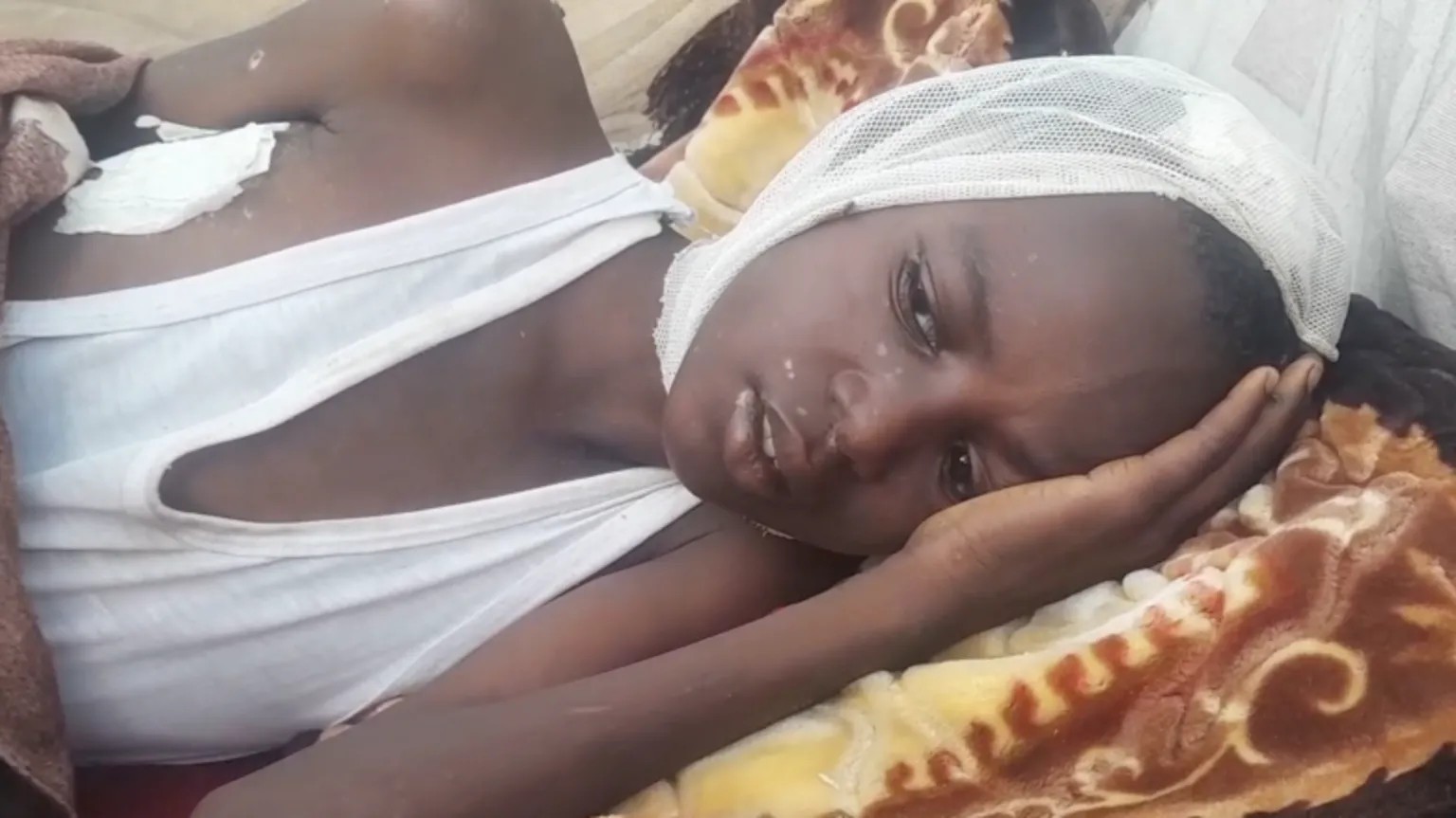
In the heart of Darfur, the city of el-Fasher stands as a grim testament to the unrelenting brutality of Sudan’s civil war. For 17 months, the paramilitary Rapid Support Forces (RSF) have laid siege to this once-thriving city, tightening their grip with each passing day. The echoes of artillery fire reverberate through the streets, a constant reminder of the violence that has shattered lives and left thousands trapped in a living nightmare.
Ahmed Abdul Rahman, a 13-year-old boy, lies in a makeshift tent, his small body riddled with shrapnel from a recent shelling attack. "I feel pain in my head and my legs," he whispers, his voice weak but filled with a resilience that belies his age. His mother, Islam Abdullah, lifts his shirt to reveal the wounds that mar his fragile frame. "His whole body is full of shrapnel," she says, her voice trembling. "His condition is unstable." But in a city where hospitals are under fire and medical supplies are dwindling, care is a luxury few can afford.
Nearby, Hamida Adam Ali lies motionless, her leg badly injured from shell fire. She spent five days on the road before being carried to a displacement camp. "I don’t know if my husband is dead or alive," she says, her voice hollow with despair. "My children have been crying for days because there is no food. Sometimes they find something to eat, and sometimes they go to bed without food. My leg is rotting—it smells foul now. I am just lying down. I have nothing."
Hamida’s story is one of countless others in el-Fasher, a city teetering on the brink of collapse. The RSF, emboldened by recent advances, has closed in on key military sites, including the headquarters of the Sudanese army’s armored corps. The army’s territory has shrunk to a precarious pocket around the airport, leaving tens of thousands of civilians caught in the crossfire.
The conflict, which erupted in 2023 following a power struggle between the RSF and the Sudanese army, has escalated into a full-blown civil war. After losing control of the capital, Khartoum, the RSF has turned its focus to el-Fasher, the army’s last stronghold in Darfur. Seizing the city would grant the paramilitaries a strategic advantage, opening routes to Libya and strengthening their control over Sudan’s western border.
Sudanese analyst Kholood Khair explains the stakes: "The RSF would be able to bring in more fuel and weapons from southern Libya, safeguard their transit routes, and launch attacks into Kordofan and Khartoum. It would position them much more strongly militarily." For local armed groups fighting alongside the army, the battle is existential. "This is a fight for their homelands," says Khair. "If they lose Darfur, they effectively no longer have a claim to any part of it. It’s a fight for their political survival."
The RSF’s advance has been bolstered by increasingly deadly drones, reportedly supplied by the United Arab Emirates (UAE). Despite the UAE’s denials, evidence from UN investigations and war monitors points to their involvement. Footage verified by the BBC shows drones striking military sites and civilian areas alike, leaving a trail of devastation in their wake.
Last month, more than 75 people were killed in a strike on a mosque during morning prayers, an attack blamed on the RSF. Rescuers struggled to find enough funeral shrouds for the dead. Among the victims was Samir, the young son of Samah Abdullah Hussein. "He was hit in the head, and the wound was deep—his brain came out," she says, her voice breaking. "My other son was hit in the head by shrapnel and in his arm. I was hit in my right leg."
Hundreds of thousands have fled el-Fasher over the past year, but those who remain face unimaginable hardships. The UN warns of more atrocities if the RSF overruns the city. The paramilitaries deny targeting non-Arab ethnic groups, such as the Zaghawa community, despite evidence of war crimes documented by human rights organizations.
In a bid to reshape their image, the RSF has released videos showing fighters greeting and helping those who flee. For a refugee watching from outside the country, the footage is deeply unsettling. "That last guy we used to play soccer with," he says, recognizing familiar faces. "And the one in the middle—he’s a musician. I know him from el-Fasher." The refugee, who asked not to be named, sees relatives in the group. "It really devastated and shocked me," he says. "I will be worried until I hear from them."
Later that day, he receives word that his family members are safe—a temporary relief in a sea of uncertainty. "It’s not just my relatives," he says. "It’s about all the people that I know. It’s about my memories there. I see every day, people whom I know die, places that I used to go to destroyed. My memories died, not just the people that I know. It’s like a nightmare."
As the siege of el-Fasher drags on, those trapped within its walls can only wait—and try to survive. The city, once a beacon of life in Darfur, has become a symbol of the human cost of war. For Ahmed, Hamida, and countless others, each day is a battle against pain, hunger, and despair. And as the RSF closes in, the world watches, wondering if el-Fasher will endure—or if it, too, will fall.





.jpeg)
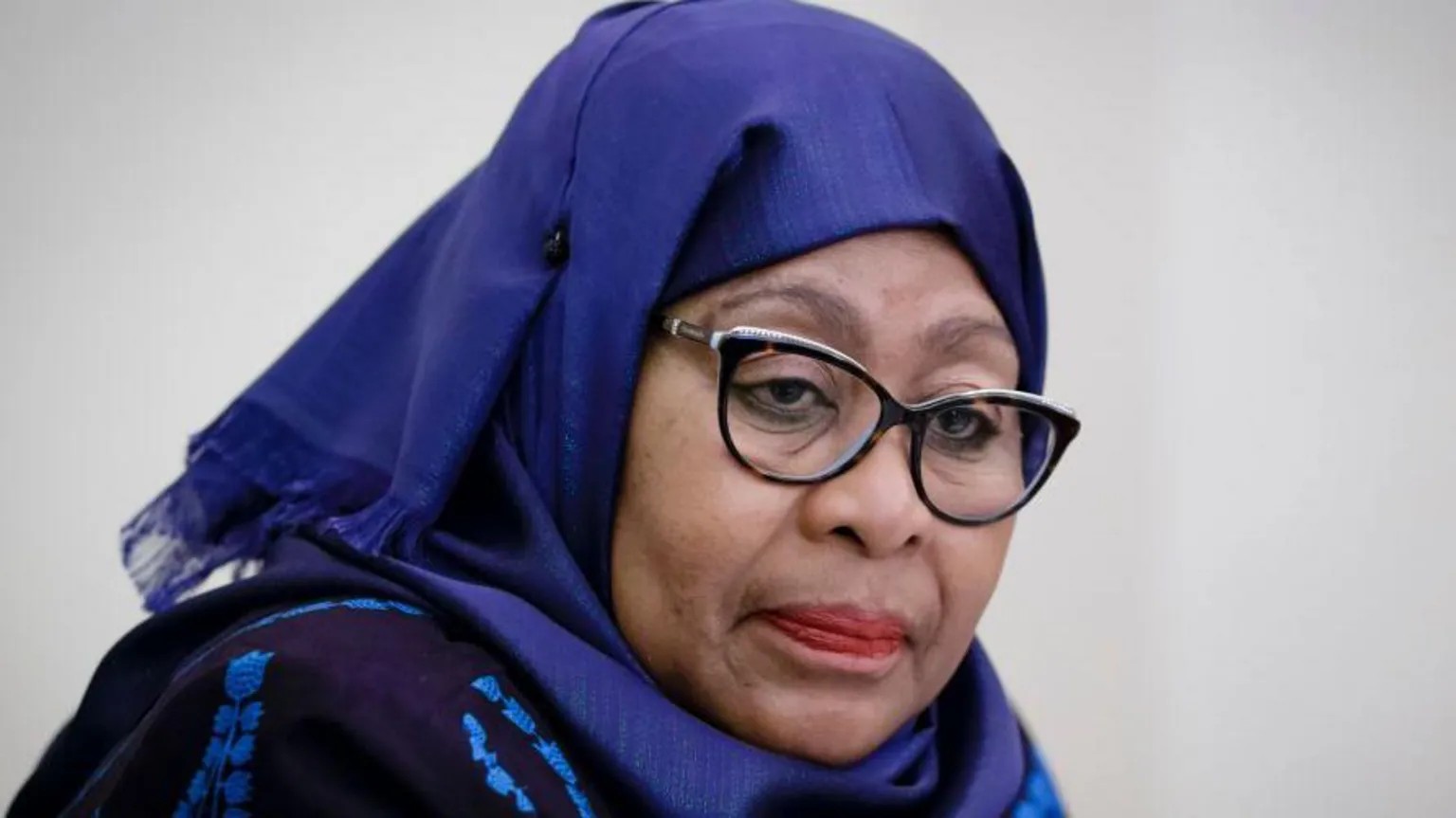

.jpeg)
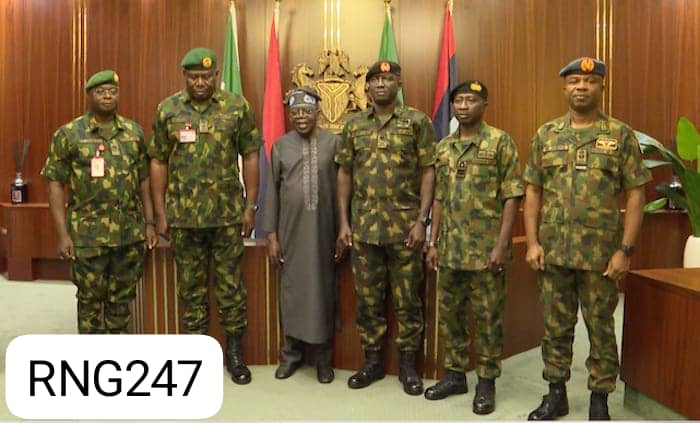
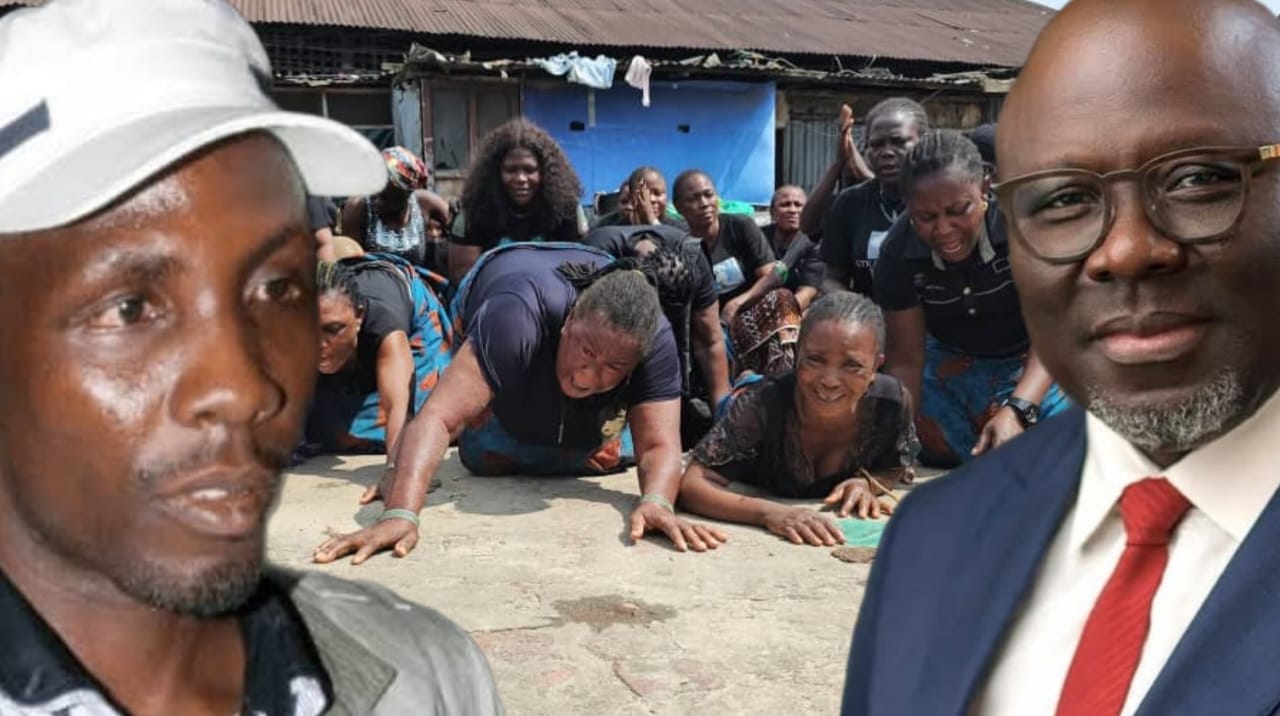
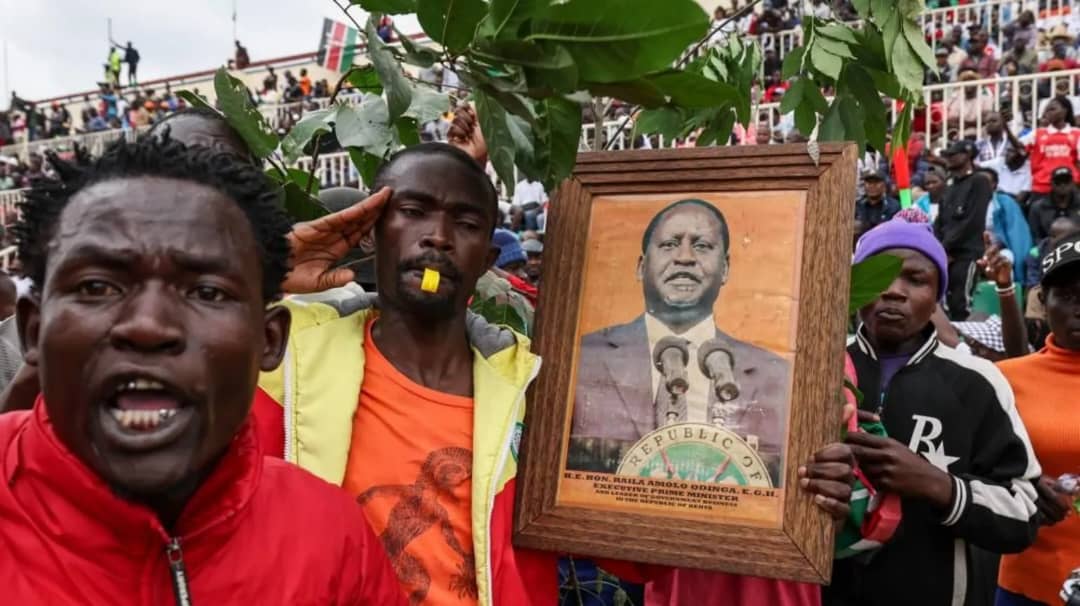
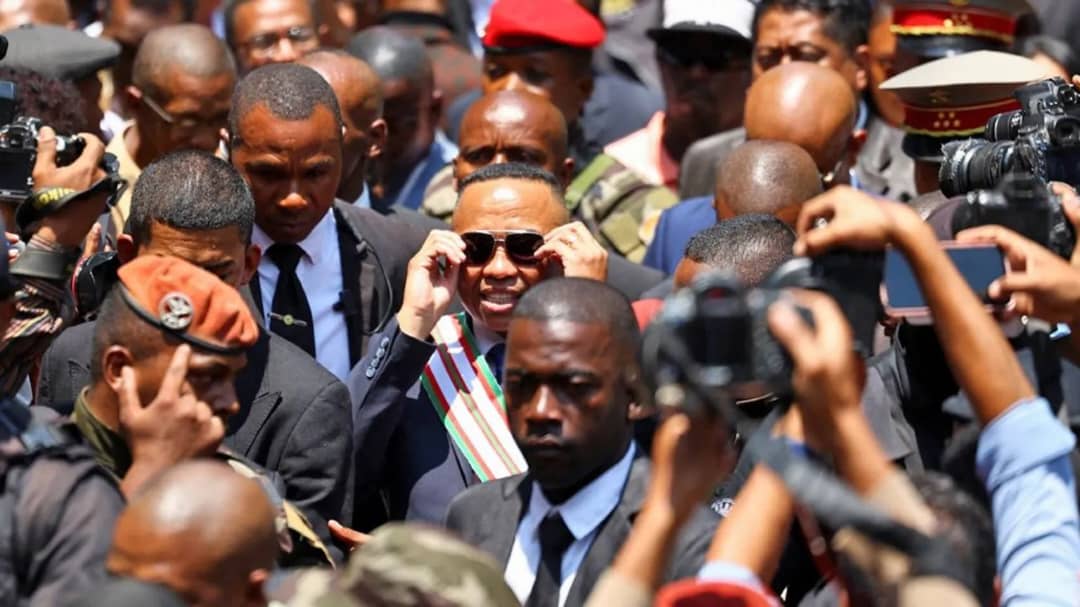
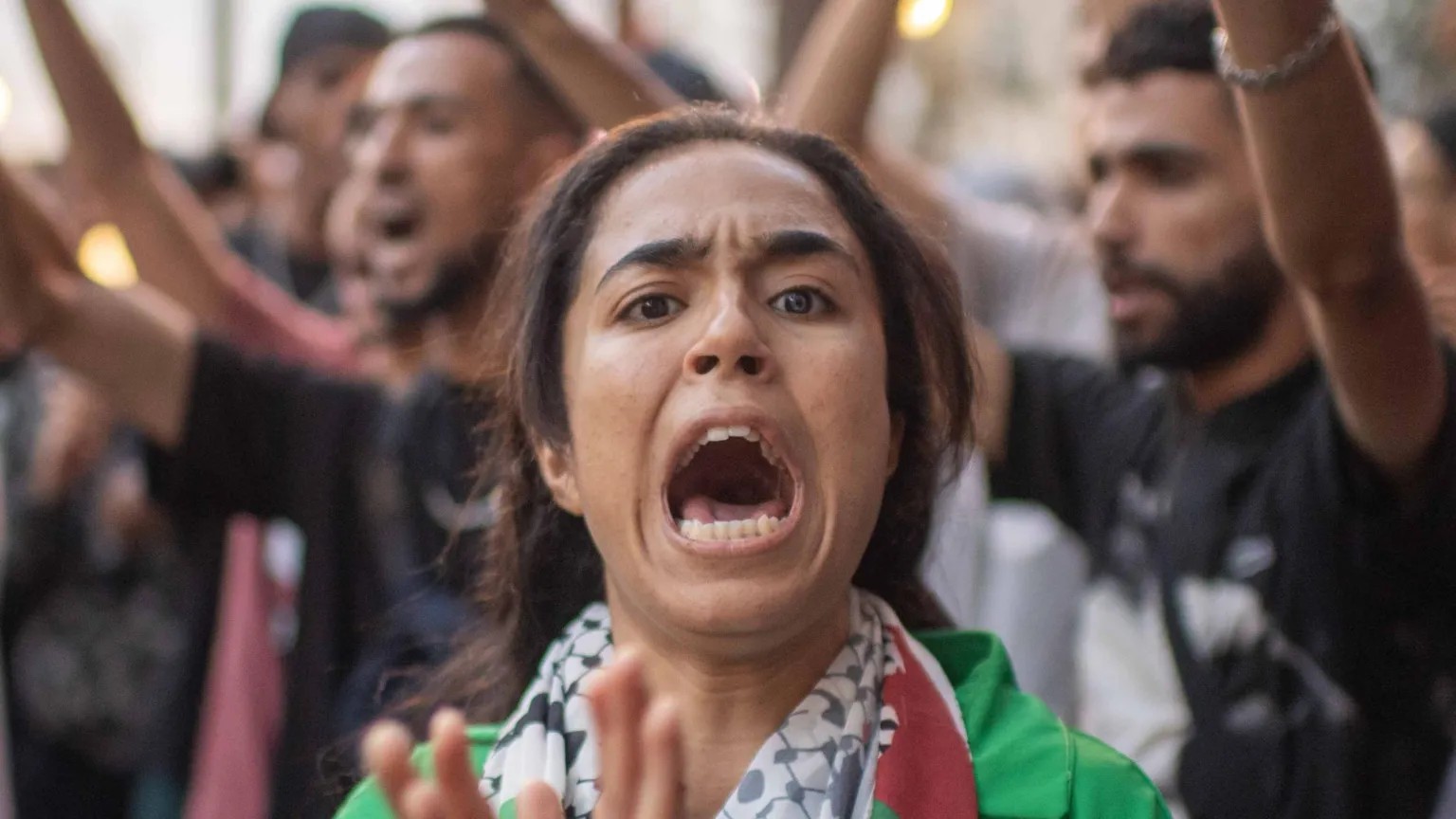


0 Comment(s)